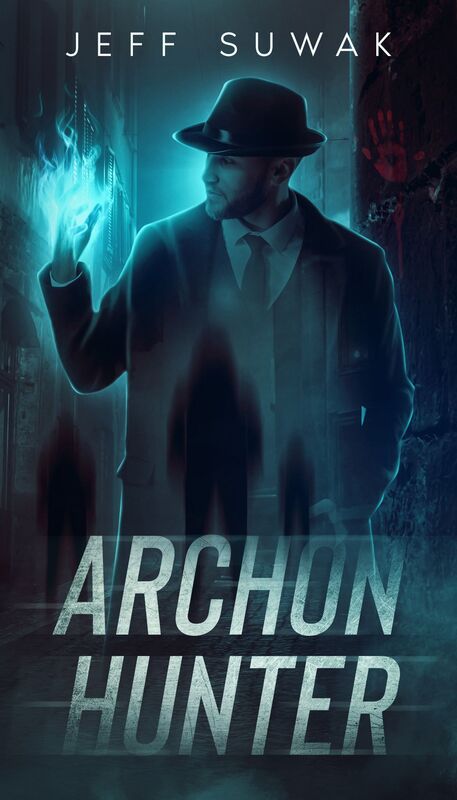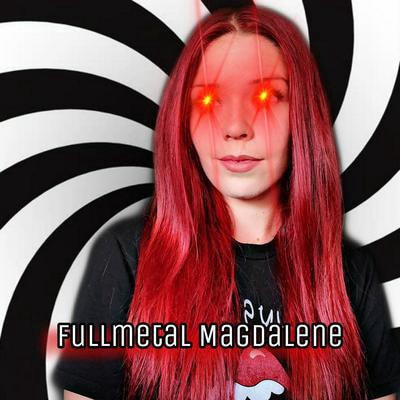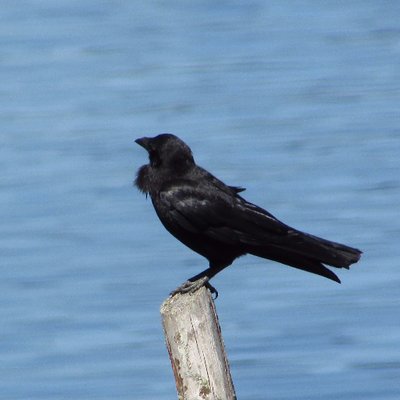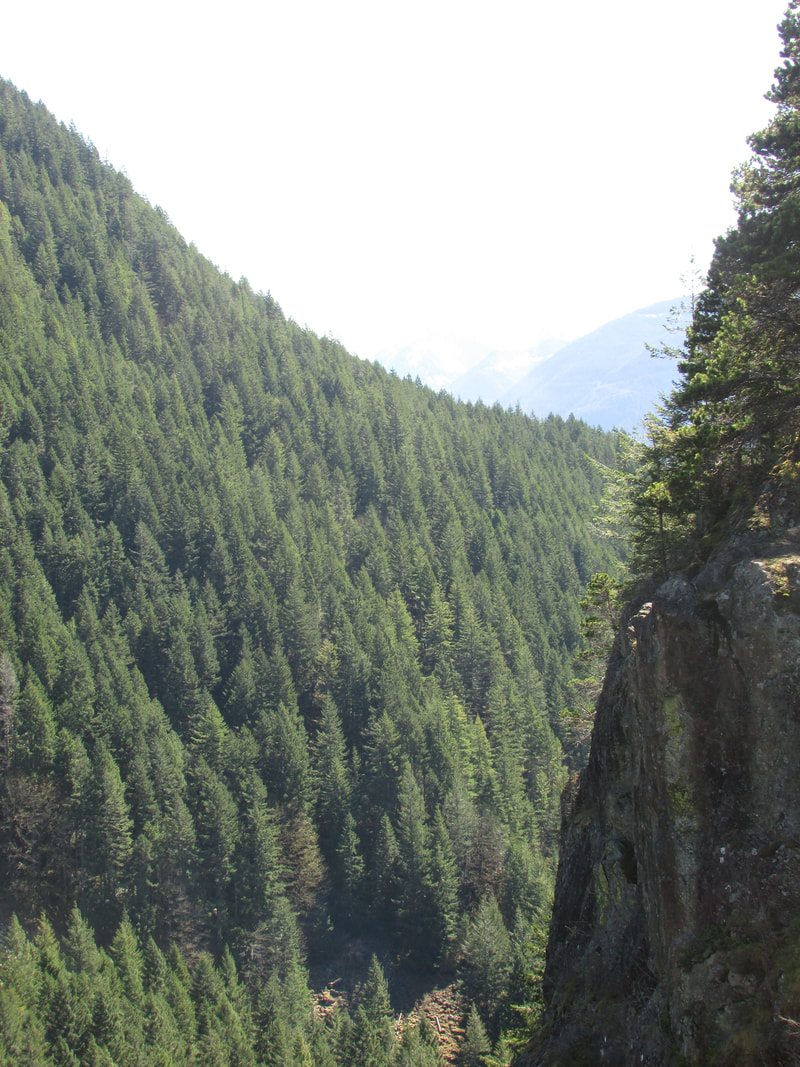|
I decided to try publishing my science-fiction mystery story, The Singer File, in the Kindle Vella system, which allows me to publish an "episode" (meaning a chapter in this case) at a time and to interact with readers. The plot of the story goes:
The year is 2049, and microchips have been implanted in every human being on Earth. When Global Intelligence Agent Alex Rose finds Doctor Joshua Singer unconscious with his hand cut off, Rose suspects that the violent act may be part of a something much bigger. As forces gather to stop Rose's investigation, he finds himself uncovering dark secrets about the chips, about the world, and about himself. What, if anything, will be left after he reaches the truth? The first three episodes will be entirely FREE. If it sounds interesting to you, then check out the first episode at https://www.amazon.com/kindle-vella/story/B0B86L89PM
0 Comments
I recently enjoyed a fascinating conversation with Vesa Iitti, religious scholar and author of Lightbringers of the North: Secrets of the Occult Tradition of Finland. The book was one of the most entertaining reads I've encountered in the past several years. From page 1, I was fully engrossed. Check the interview out below! It's funny how things come together sometimes in life. I've been contemplating Tristessa a lot lately. I always considered it Kerouac's most beautiful, poetic, and sad story--not his best, necessarily (what does that even really mean?), but the one in which his particular gifts were the most condensed and potent. To me, the beauty of Kerouac has always been in his power to grant a halo of redemptive light to the most beaten-down aspects of existence. And, just as I was thinking of the book and of Jack, I stumble across the story about the house he died in being saved. I recently shared a fascinating conversation with hermiticist/alchemist/artist Seven Bremner. The full interview will be posted soon, but I put up this snippet as a teaser. My question: Did the ancient alchemical artists receive the symbols and then deduce their meaning, or did they start with the meaning and then reduce it to a symbol? Her answer is intriguing. I recently revisited Roslyn, Washington, filming location of Northern Exposure and one of my favorite places in the Pacific Northwest. It was a surprisingly powerful visit, owing, I'm sure, to the spirit of 2020 , which far as I can tell has bled right into 2021.
I wrote about it on travel blog, Northwest Nomad. You can check it out HERE (click the HERE). Friends, this story is fantastic, fascinating, exciting, and moving. Great reviews are already rolling in. I believe in this one as strongly as any short story I've ever written.
It's titled The Archon Hunter: The inner voices that torment you don't come from inside your head. They are the Archons--demonic beings that live off the despair and pain that their tormenting whispers cause in your heart, mind, and soul. Jakob Rezek has dedicated his life to destroying the Archons. His path is a lonely one, but he bears it without complaint. He will not rest until every human being is free of the Archons' manipulation. He is the Archon Hunter. This is only the beginning. There's a whole series of books coming behind it. But I think this is a great start. You should check it out, for reals. Check it out HERE (click the HERE!). https://www.amazon.com/Archon-Hunter-Introduction-Secret-Happening-ebook/dp/B097553LTY/ Moby Dick is a work of genius that is denigrated far too readily in these dull, materialistic times. If you're of that certain tribe of people who yearns by nature for something deeper in yourself and in life, then you'll be hard pressed to find a better traveling companion than Moby Dick. Some of the chapters, in particular, have left people flummoxed. Namely, the discussions on cetology and the shapes of whale heads. The thing is, once you understand the book, you understand those chapters for what they are, and then you can see their brilliance. I talked about this topic on a recent video post. Check it out: I like people that don’t fit neatly into any tribe.
Even more than that, I like people that don’t fit into any tribe at all. So it was that I found myself interested in the work of one Fullmetal Magdalene: crypto anarchist, gnostic seeker, free thinker, and artist. My interview with Fullmetal proved every more interesting than I could have hoped for: https://medium.com/yawp/crypto-nonfungible-tokens-occultism-sex-and-gnostic-gospels-the-ballad-of-fullmetal-magdalene-80ccf20e9f4a My name is Magnus Cray. I suspect that this diary will prove to be my final testament. They’re closing in on me. I can feel it.
Right now, the entire civilized world is locked down, ostensibly due to a viral pandemic. The truth, however, is far more horrific than anything the news is saying or anything that the people fear. I tried to fight it. I’ll continue fighting it. Failure, however, is a foregone conclusion. So be it. I knew the price I’d pay for my resistance. I have no regrets. But fear is a thing of the flesh. It’s in the nerves. Even if I have mentally and spiritually accepted my fate, my base animal brain has not. So it is that I tremble as I write these words. The sun is rising. My balcony is empty now of the thing I heard out there last night, stalking me. But with the setting sun, it will come again. Know that I tried, even if my efforts were in vain. I tried to wake you all up to what was coming. Part of me resents you all for remaining so blind, but the larger part of me feels only sympathy. It wasn’t your weakness that led us here. No, it was the strength of the machine. What’s done is done now, anyway. Things could never have turned out any way other than the way in which they have. In the end, I’m just a man. I’ve gotten a longer peek behind the Curtain than most people. I’ve even pulled the strings of the world in my day. I’ve known pleasures and depravities (is there a difference?) that few other than kings have known. I stood alone against the Leviathan and, for the time being, anyway, lived to tell about it. Yet, for all that, I’m just a man. So be it. Let me be just a man telling his story in the shadow of Leviathan. Same as all of you. The Little Si Trail is a great, underrated trail in western Washington.
I just hiked it three days ago and had a great experience. I wrote about it on travel site: Northwest Nomad. http://nwestnomad.com/travels/washington-places/hiking-little-si-trail-north-bend-washington/ |





 RSS Feed
RSS Feed
